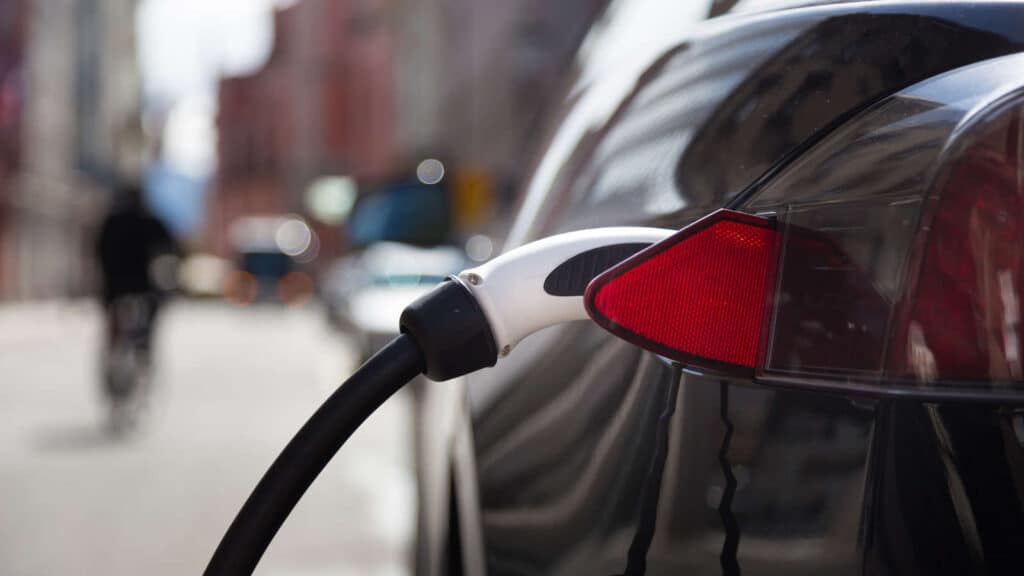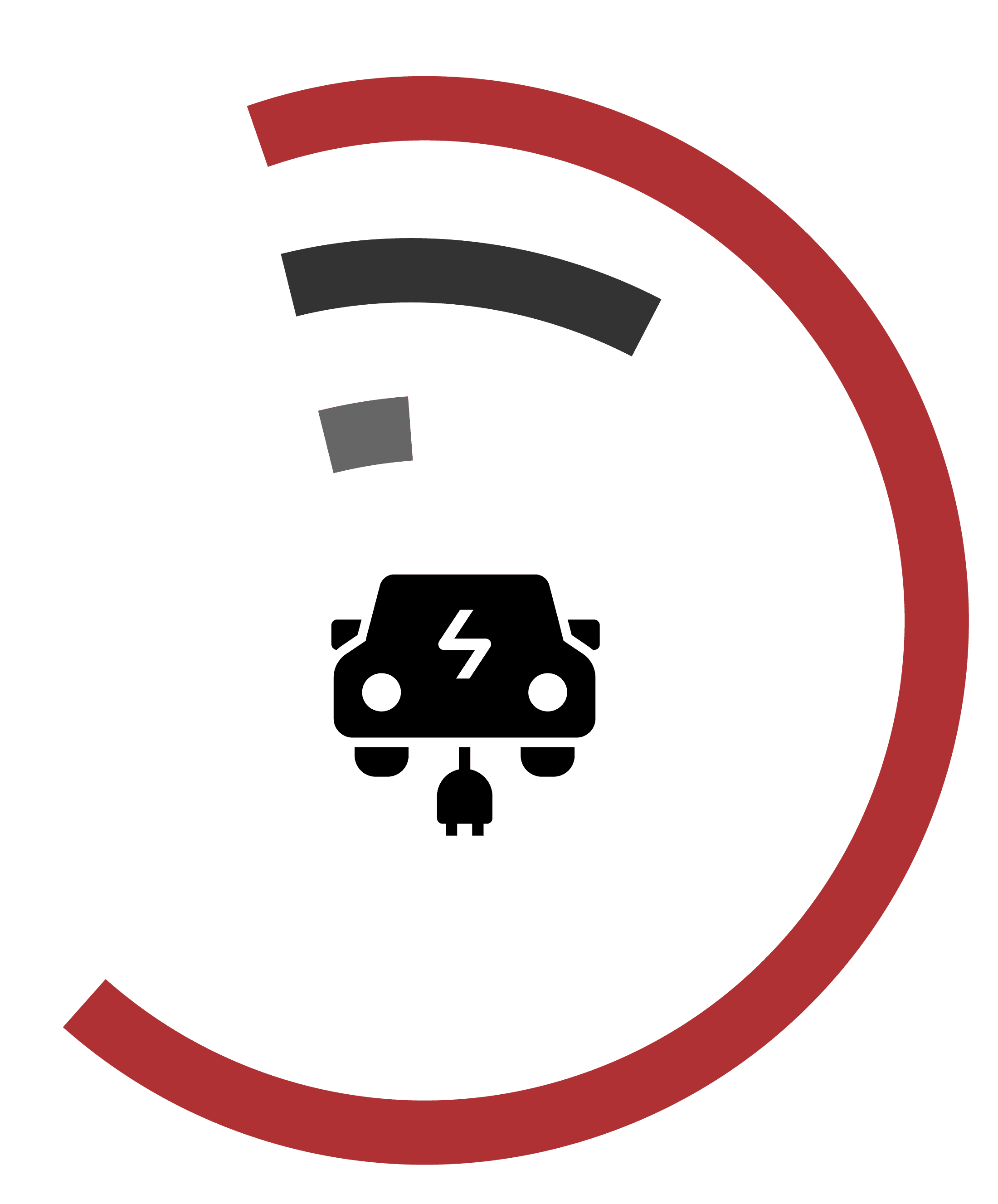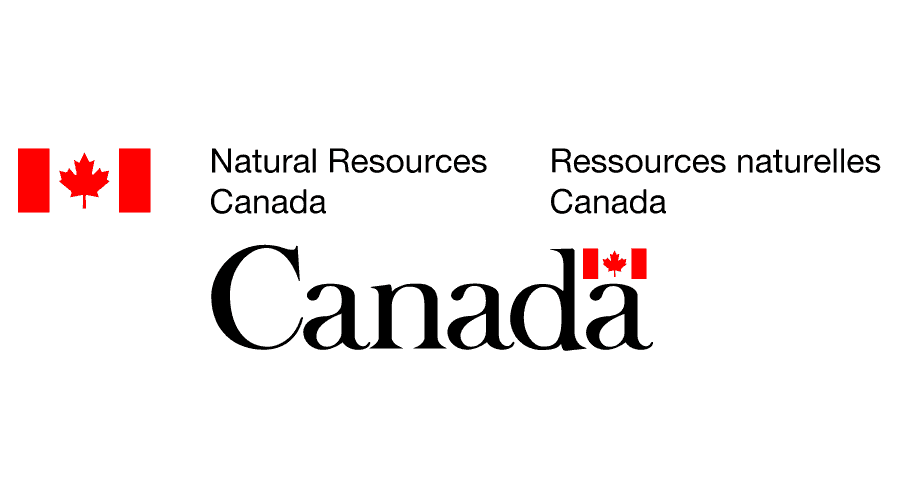

Charge Up is powering the national Indigenous electric highway!
Through the program, ICE will cover 75% (up to set maximums) of electric vehicle charging station installation costs for Indigenous communities and businesses.
The total funding available for projects is $1.6M. Applications will be assessed monthly until all funding has been allocated. Please note funding is for charger installation only and does not cover ongoing maintenance and operating costs.
All Indigenous communities/organizations are invited to apply.
Read on to learn about the application process and project requirements.
- Step 1. Read Applicant Guide
- Step 2. Choose location
- Step 3. Pick charger technology based on needs
- Step 4. Have an electrical contractor verify you have adequate electrical supply and provide a quote for installation
- Step 5. Take a picture of the site
- Step 6. Gather articles of incorporation, site picture, contractor quote and complete the application form
- Step 7. Receive approval and sign agreement
- Step 8. Install chargers and submit a final report for reimbursement
Eligible Locations
Installed equipment must be a permanent and new installation (replacement equipment is not eligible) for one of the following uses:
Available EV Charger Incentives
Level 2 Charging
| EV Charger | Input | Funding Incentive |
|---|---|---|
| Level 2 (208/240 V) connectors | 3.3kW to 19.2kW | Up to 75% of eligible costs up to a maximum of $7,500 per connector |
Level 3 Charging
| EV Charger | Output | Funding Incentive |
|---|---|---|
| Fast charger | 20kW to 49kW | Up to 75% of eligible costs up to a maximum of $22,500 per charger |
| Fast charger | 50kW to 99kW | Up to 75% of eligible costs up to a maximum of $75,000 per charger |
| Fast charger | 100kW and above | Up to 75% of eligible costs up to a maximum of $99,999 per charger |
Eligible Costs Include:
- EV chargers, related equipment and infrastructure
- Rental or leasing costs
- Licences and permits
- GST, PST, HST net of any rebates
- Professional services, such as engineering, construction, installation and more
- Environmental assessment costs
Charge times for average EV sold Canada
How long does it take to charge an EV?
| Level 1 | overnight | 40hrs |
|---|---|---|
| Level 2 | longer stops | 12hrs |
| DC Fast | on the go | 30 minutes |
Charge times for average EV sold in Canada:
| Level 1 (AC) = 40 hrs | Level 2 (AC) = 12 hrs | Level 3 (DC) = 30 min |
|---|---|---|
| 7-9 km of range per hour | 30 km of range per hour | Up to 250 km range per hour |
* Average EV Range 386 km (CER, 2019)

The differences between EV charge levels
Most EVs can charge at three different levels — knowing the differences will help you choose the right charger for your driving needs.
LEVEL 1 Charger
Level 1 chargers come included with EVs and can be plugged directly into a standard 120V household or workplace outlet and add about 7-9 km of range per hour charged. This level of charging may be sufficient for EV owners with a short daily commute.
LEVEL 2 Charger
Level 2 charging stations use a 240 Volt outlet (similar to a kitchen stove) and add 30-60 km of range per hour charged. Level 2 charging stations can be found across Canada and a variety of Level 2 chargers can be purchased separately for use at home and locations eligible for ICE funding such as workplaces.
LEVEL 3 (DC Fast Chargers)
Level 3 charging stations (also known as Direct Current Fast-Chargers) use a 480 Volt system and can add 250-500 km of range per hour charged. In many cases, you can charge an EV’s battery to 80% in 30 minutes. This will vary depending on the battery size and its existing level of charge. These stations make longer trips that much easier for EV drivers. This type of charging is compatible with the vast majority of EVs, but make sure to check if your model has this feature.
EV Charging Suppliers
There are many EV charging station suppliers including ChargePoint, Blink, Tesla, Siemens and ABB. A Canadian company FLO, has offered projects approved through the Charge Up program a 5% discount on equipment. You may use anyone you like however, please ensure the equipment meets the required technical specifications in the application guide.
Tips for Planning your Project
Planning on installing a charging station? Here are some helpful tips to get you started:
- When deciding on a charger type, think about who’s going to use your charging station and how long they will have to charge.
- Level 3 DC Fast Chargers require you to contact your utility company to verify they can be installed because of the high amount of electricity needed to supply the charger.
- Ensure you hire a licensed electrician.
- To find available chargers in your area go to PlugShare or ChargeHub to view maps.
To explore more information on electric vehicles, we recommend you check out Plug ‘N Drive and if you have any questions about the Charge Up program, please feel free to contact Charge Up program lead Jessica Tait.
Charge Up Contributors and Collaborators
If you are interested in collaborating with or supporting the Charge Up program, please do not hesitate to reach out to us.

